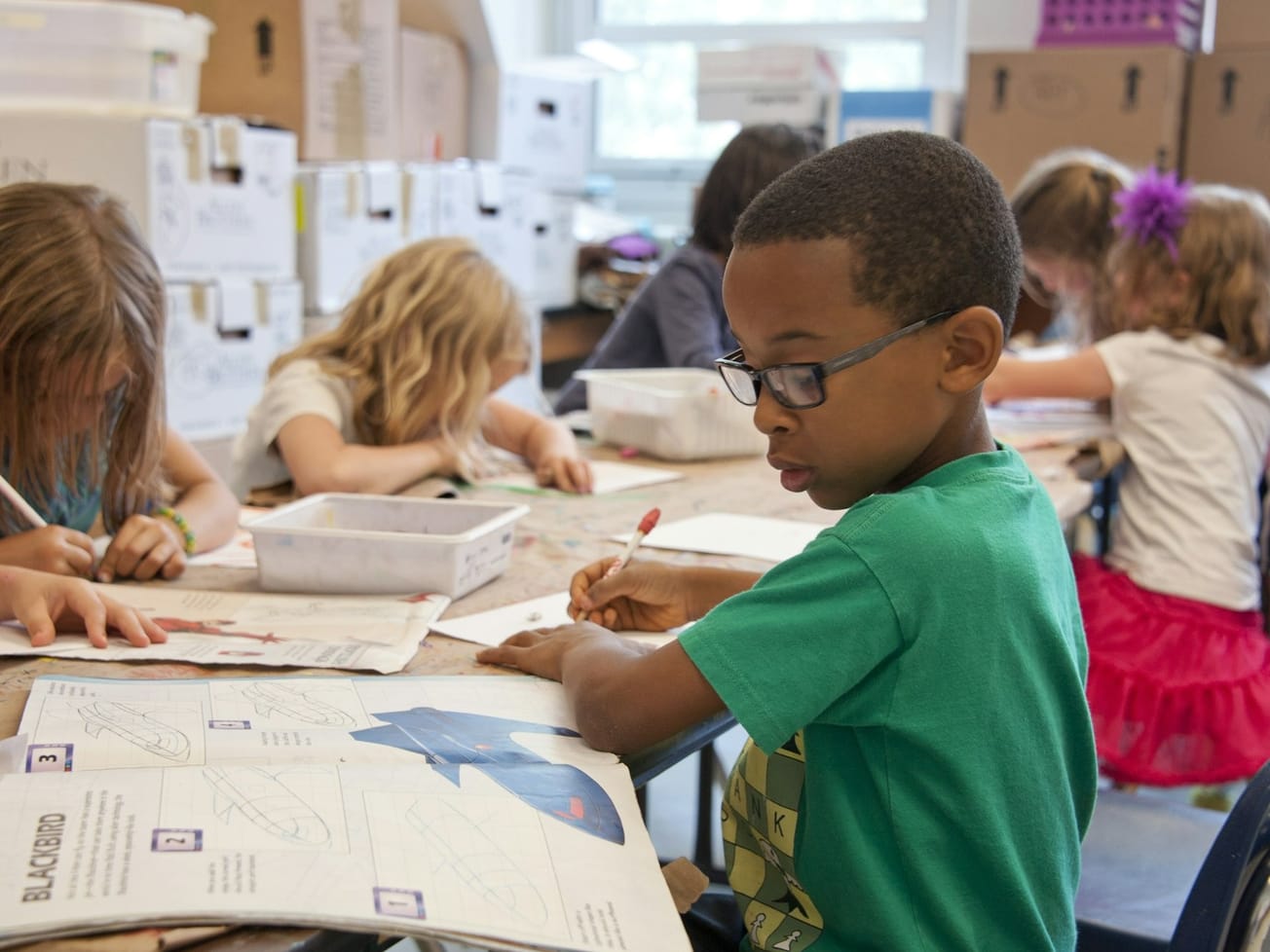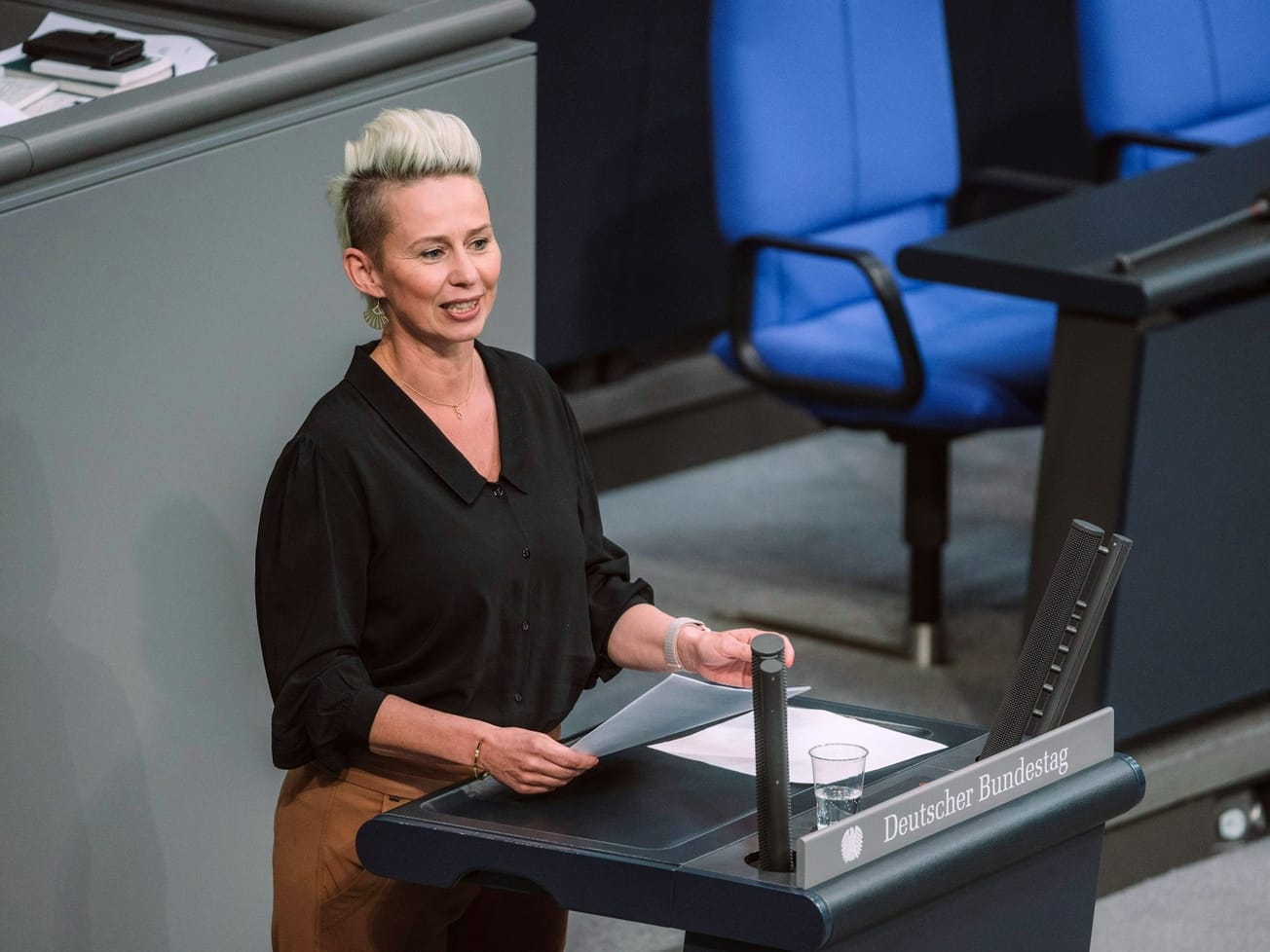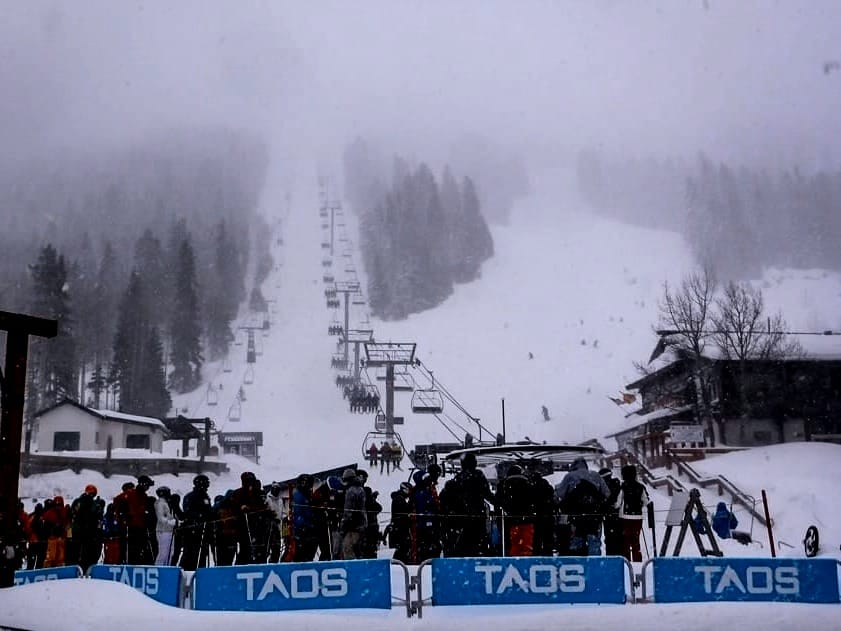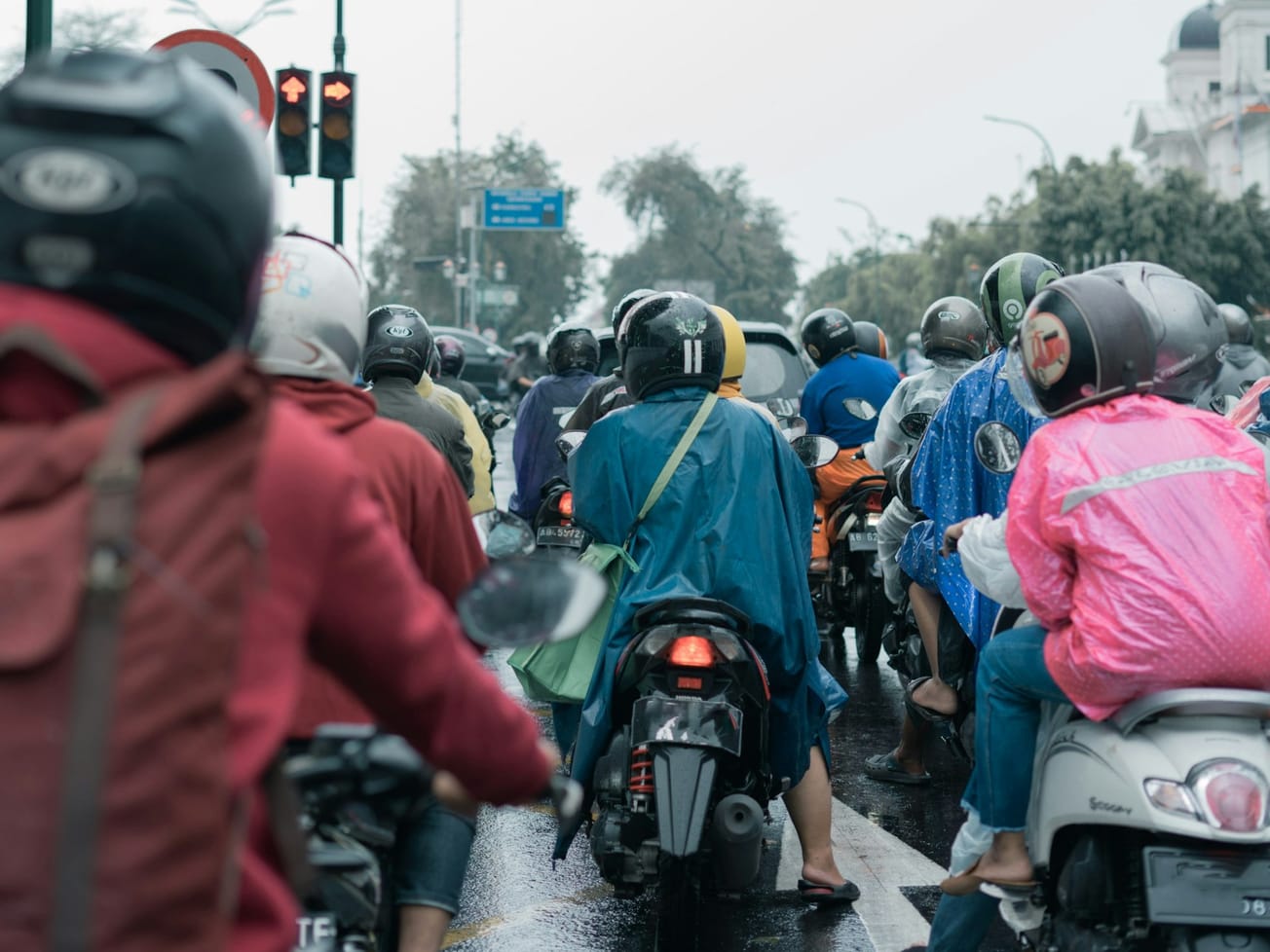A new set of guidelines from the U.N. agency for education, science and culture calls on nations to set the rules for the use of generative artificial intelligence in schools and research – and to impose age limits for users.
UNESCO also urged governments on Thursday to expand data protections and user privacy rules with fast-developing publicly available tech tools such as ChatGPT that can create audio, images, text and video on command.









